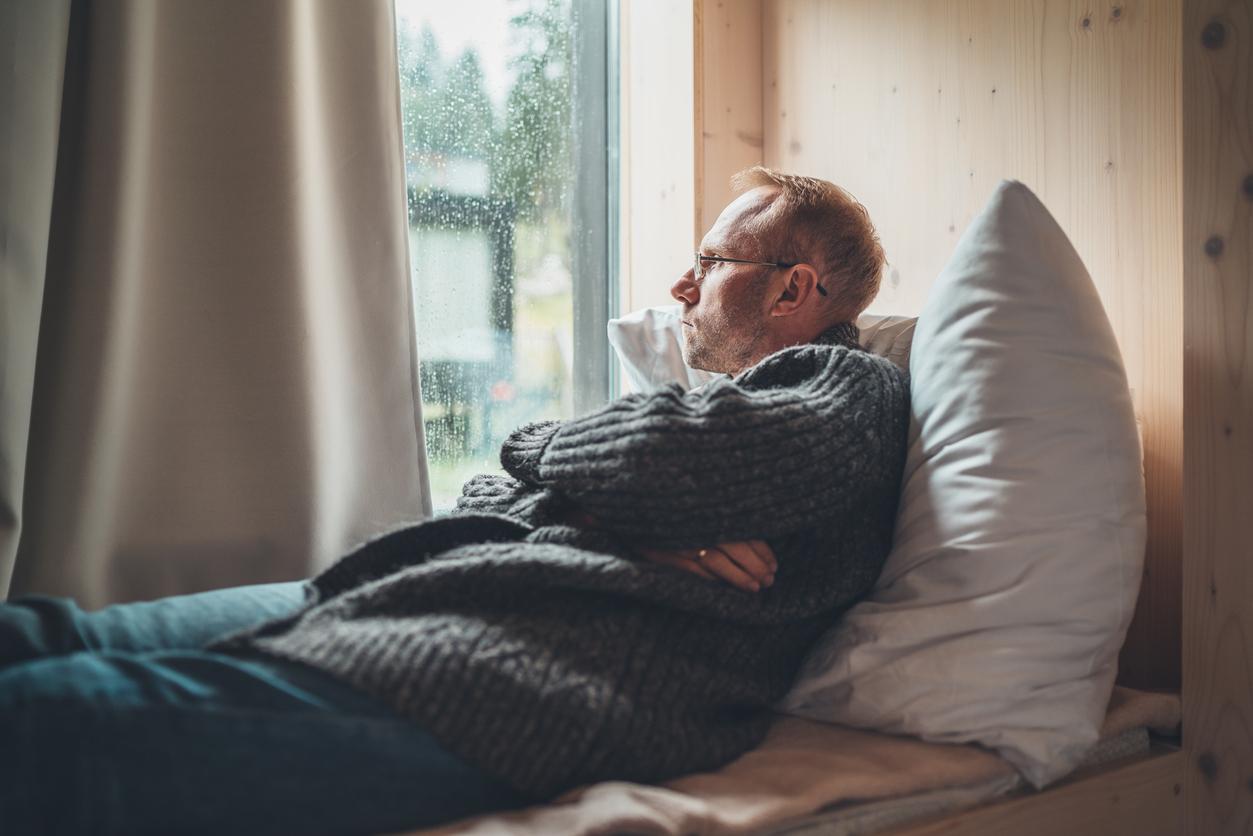As part of an effort to better flesh out the burden of long COVID, Danish researchers today reported a threefold increase in extended sick leave, defined as lasting longer than 30 days, in people who had recovered from COVID, compared to workers who weren't infected.
The team based at Denmark's Statens Serum Institute published their findings on March 31 on the preprint server medRxiv.
The study combined a survey designed to tease out the impact of long COVID with data from the national health registry. They included responses from people who were sick from November 2020 to February 2021, a period when the original SARS-CoV-2 virus and the Alpha variant circulated.
Longer leaves more common in women, older workers, those with underlying conditions
In their analysis, researchers included 37,482 polymerase chain reaction (PCR)-confirmed COVID-19 cases and compared them with 51,336 people who tested negative. They defined sick leave as taking more than 30 days off work 1 to 9 months after testing positive for COVID.
Most Danish employees have fully paid sick leave benefits, with employers generally covering the first 2 to 4 weeks and municipalities covering the remainder.
They found that an additional 33 people per 1,000 took substantial sick leave in the postacute period, a threefold increase compared to those who didn't have COVID.
Risk factors were being female, being age 50 and older, and having certain underlying health conditions such as fibromyalgia, chronic lung disease, and obesity.
Also, investigators found that 20.1% of people who tested positive had a registered ICD-10 code for long COVID.
Substantial sick leave a proxy for long COVID?
"Patients who receive a long COVID diagnosis represent only a small proportion of individuals suffering from post-acute symptoms; as such, the fact that one in five of those experiencing substantial sick leave also have a long COVID diagnosis supports the validity of using substantial sick leave as a proxy for long COVID burden," the authors wrote.
It's unclear why women were a risk group for substantial sick leave following COVID-19 infection, and the group said more research examining age and sex interactions, as well as the impact of comorbidities, on long COVID outcomes are needed.
Working conditions could also influence sick leave related to long COVID, they noted. Though the survey part of the study didn't capture information about respondents' professions, it did include years of higher education and post graduate education. They found that people with higher education of 2 to 4 years were more likely to take substantial sick leave following COVID infection compared to those with postgraduate educations. Those with postgraduate education may have been able to work desk jobs, compared with others such as nurses and teachers who would be required to work on-site.
"This study may be used to help inform the healthcare and research workforce of the impact of long COVID on working ability and to motivate improved diagnostic and treatment options," they wrote.



















